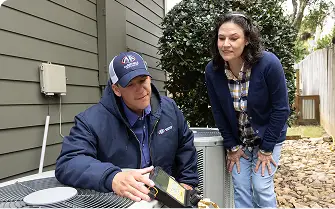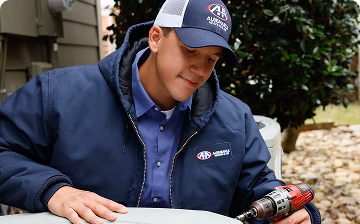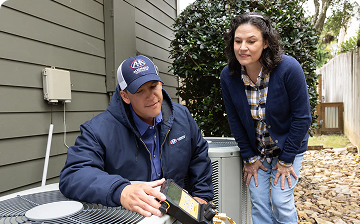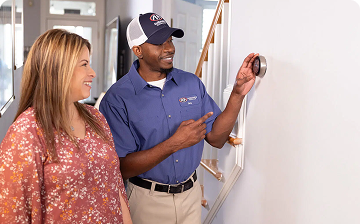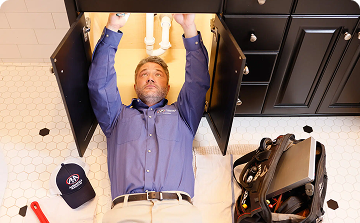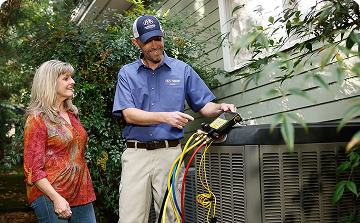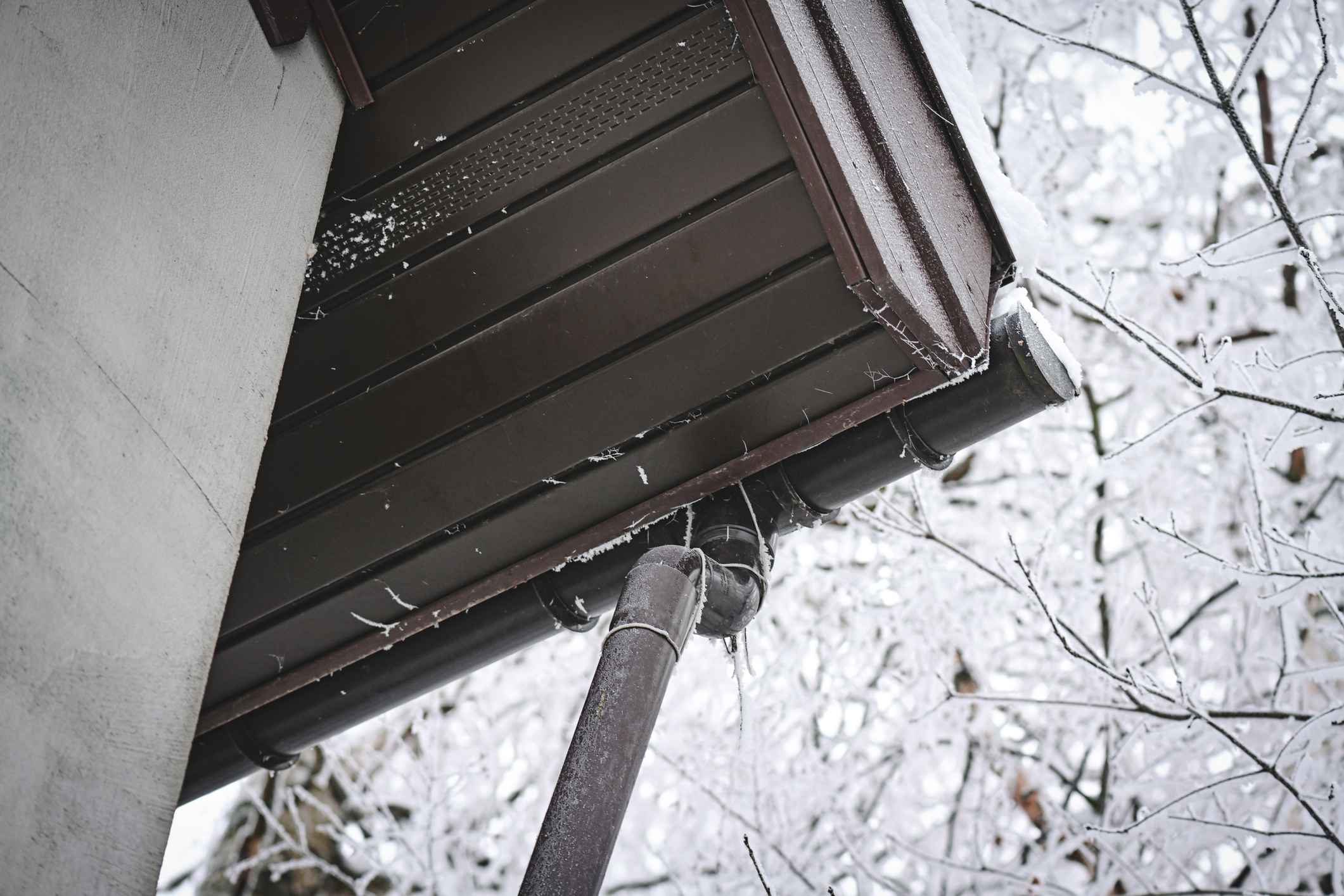
What Is A BTU And Why Is It Important To Your Air Conditioner?
If you own or have ever been in the market for an HVAC system, you’ve probably seen the metric BTU before. Now, if you’re like most people, you’re probably told by a smooth-talking salesperson that the number is good, or you make the purchase for other reasons. Sure, you know it’s a unit of measurement for the system’s effectiveness, but what exactly does it mean? And how does it relate to your systems ability to adequately cool down your home?
What is a BTU?
BTU stands for British Thermal Unit, but don’t let the name fool you. Unlike the metric system, we here in the US of A have adopted the BTU as an industry standard for HVAC efficiency. Where metrics like cups and ounces are used to measure liquids, BTUs are meant to measure energy. Specifically, they measure the amount of energy required to properly heat or cool your home. To give you a sense of scale, one BTU is enough to raise a pound of water’s temperature by one degrees Fahrenheit. For those more familiar with the metric system, it’s similar to a calorie: you’re counting how much energy you’re putting into your body and how much you have to expend to keep yourself at current weight. When you count BTUs, you’re keeping track of how much energy your appliance can process to heat or cool your room.
What a BTU Rating Means for Your HVAC System
Now that we know what a BTU is, now we can talk about that little number on the side of your air conditioner or furnace. Basically, it tells you how powerful your appliance is. typically, your rating displays how many BTUs your system can generate in an hour, though most labels simply say “X BTUs” rather than X BTUs/hour,” for simplicity. The higher the rating, the more powerful your system and a larger number can cool down a hot room in August in record time. If speed is the name of your game and you need rooms temperature-controlled ASAP, you can never go wrong opting for the highest BTU rating possible.
What BTU Score is Optimal For My Home?
We’ve established that bigger is indeed better with BTU ratings. But how much is too much? A single family home obviously doesn’t have the HVAC requirements of an Amazon warehouse or a 20 room McMansion. Everyone has different needs. But how do you determine what YOUR needs are? We developed a handy checklist just for that:
- Volume of your space Remember learning about calculating volume in school and asking the math teacher when you’d need that in real life? You might want to given them a call and give them some credit. The volume (ceiling height multiplied by the total floor area of the space you want cooled) of your space is hugely important when determining the appropriate BTU for your needs.
- Climate Unsurprisingly, colder climates take longer to warm and warmer climates are harder to cool. Because we live in beautiful Virginia, our cooling systems have to be a bit beefier to stand up to the summers we get down here. Conversely, our furnaces don’t need to work as comparatively hard.
- Location Direct sunlight will cause your unit to work harder, as will having it on a hotter second or third story of your house. Add 10% to your BTU total for units in these locations. Likewise, an air conditioner in a kitchen filled with appliances will be dealing with a larger heat load and will therefore need to be bigger — typically by about 4,000 extra BTUs.
- Home Shape: The more compact your home’s layout, the less energy it takes to cool it. A ranch house with several wings has a lot of wall area, which means more potential for your cool air to dissipate. A home with the same square footage arranged in a multi-story floor plan has a more compact footprint and won’t lose its cool air as quickly. In general, the more sprawling the house, the more BTUs you’ll need to keep it cool. Open floor plans also require more BTUs than enclosed rooms, which are chilled more quickly.
If you’re still at a loss, there are BTU calculators available for those homeowners looking to get the most accurate numbers possible. And failing all else, your friends at Albemarle Heating & Air are always available to help our neighbors out with their home HVAC efforts. Call us today and we’ll be thrilled to answer any and all questions you may have!
Don’t take our word for it: listen to one of our many happy customers on Google!
Recent Posts
CHARLOTTESVILLE AND SURROUNDING AREAS Albemarle County | Fluvanna County | Louisa County | Nelson County | Augusta County | Madison County | Greene County | Orange County


